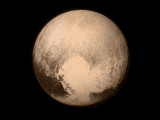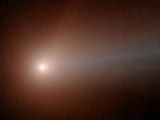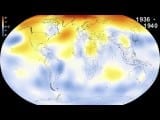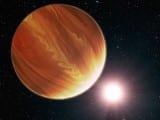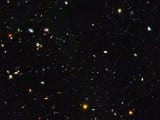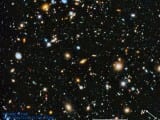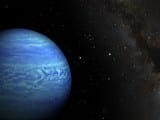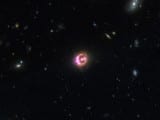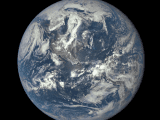
A NASA camera on the Deep Space Climate Observatory (DSCOVR) satellite has returned its first view of the entire sunlit side of Earth from one million miles away. The color images of Earth from NASA’s Earth Polychromatic Imaging Camera (EPIC) are generated by combining three separate images to create a photographic-quality image. The camera takes…

